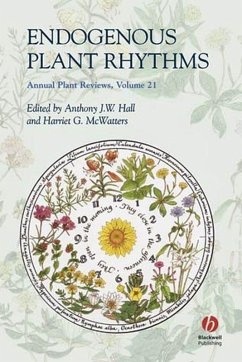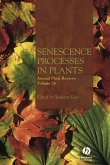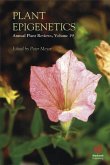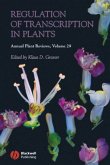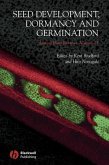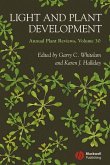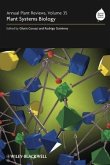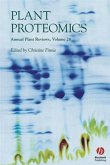Our knowledge of the circadian clock in plants has advanced considerably in recent years and we now have a clearer view of the biochemical processes making up its mechanism. Recent work provides insight into the central role played by the circadian system in the regulation of many aspects of metabolism. The multiple systems involved in photoreception have been determined, leading to an understanding of how light entrains the internal biological clock to the natural cycle of day and night, and how this impacts on key events in the plant lifecycle, such as the photoperiodic regulation of flowering. This book provides a contemporary overview of endogenous plant rhythms for researchers and professionals in the plant sciences. It will also serve as a valuable source of reference for the wider circadian community.
Dieser Download kann aus rechtlichen Gründen nur mit Rechnungsadresse in A, B, BG, CY, CZ, D, DK, EW, E, FIN, F, GR, HR, H, IRL, I, LT, L, LR, M, NL, PL, P, R, S, SLO, SK ausgeliefert werden.

